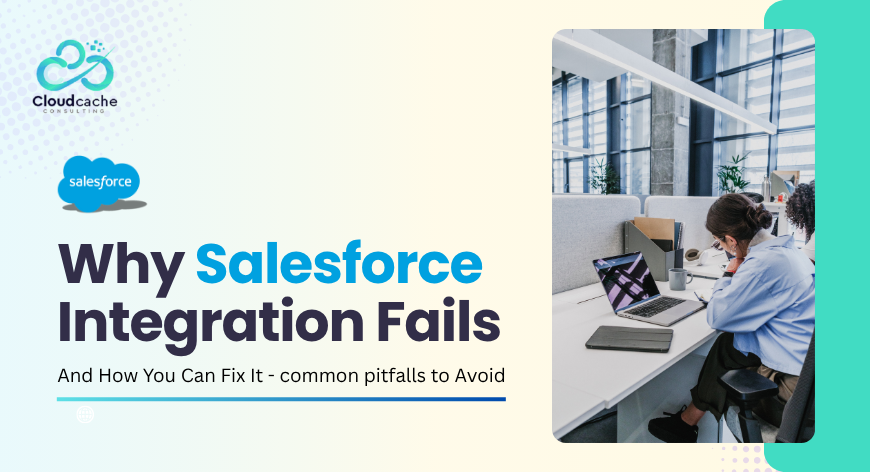
Why Salesforce Integration Fails And How You Can Fix It : common pitfalls to Avoid
Salesforce is known as one of the most powerful CRM platforms available today. It helps businesses manage customers, automate tasks, and improve overall performance. But here’s the catch — even the best CRM can disappoint if the integration process is flawed.
At CloudCache Consulting, we’ve helped many companies turn failed Salesforce integrations into success stories. In this blog, we’ll explain why Salesforce integration often doesn’t go as planned — and how you can fix these problems before they impact your business.
Why Salesforce Integration Fails And How You Can Fix It?
Lack of a Clear Strategy
The Issue:
Many companies rush into integration without thinking through their needs. They focus on adding features instead of solving real business problems. Without a plan, integrations can become messy, confusing, and disconnected from what teams actually need.
What You Should Do:
Define your business goals clearly.
- Identify the exact workflows you want to automate — from generating leads to closing deals.
- Include a roadmap for step-by-step implementation.
At CloudCache Consulting, we begin every project with a discovery phase to align Salesforce with your business goals — not the other way around.
Dirty or Unorganized Data
The Issue:
Old spreadsheets, outdated email lists, and legacy CRMs often contain messy data. When this bad data is moved into Salesforce without cleanup, it leads to incorrect reports, broken dashboards, and distrust among users.
What You Should Do:
- Audit all your current data sources.
- Remove duplicate, incomplete, or outdated records.
Our team at CloudCache always performs a Data Health Check before starting integration. This prevents problems later and ensures your reports are reliable from day one.
Lack of Collaboration Across Teams
The Issue:
Different departments use Salesforce differently. Sales wants pipeline visibility. Marketing wants better lead tracking. Operations needs accurate reporting. If these teams don’t work together, the integration often serves no one.
What You Should Do:
- Bring all key departments into the planning phase.
- Agree on shared goals and KPIs.
- Focus on integrations that benefit multiple teams (like connecting HubSpot for Marketing with Salesforce for Sales).
Cross-functional alignment ensures everyone gets value from Salesforce — not just one team.
No User Training or Change Management
The Issue:
Even if the integration is technically sound, it can still fail if your team doesn’t know how to use it. Many users resist change simply because they aren’t comfortable with new systems.
What You Should Do:
- Provide documentation, how-to guides, and help channels.
- Assign internal champions who promote adoption within their teams.
At CloudCache, we believe that training and user buy-in are just as important as the technology itself.
Poorly Built Custom Integrations
The Issue:
Trying to connect Salesforce to other systems (like monday.com or HubSpot) using tools like Zapier, Make.com, or Workato can be risky if done without proper expertise. Many companies face issues like failed data syncs or broken automations because they didn’t plan the technical part properly.
What You Should Do:
- Don’t just plug in tools randomly. Understand how Salesforce’s API, automation rules, and data limits work.
- Plan for bidirectional syncing so information stays consistent across platforms.
- Use experienced professionals who’ve handled such integrations before.
At CloudCache Consulting, we build smart, scalable integrations between Salesforce and other tools — including HubSpot, Pipedrive, and monday.com — using trusted platforms like Make.com, Workato, and Zapier. Our deep experience ensures your tools work together, not against each other.
How CloudCache Consulting Helps You Succeed
We’re not just another tech agency. We’re your Salesforce integration partner. Here’s how we support you:
- Custom Setup: Customized to keep up with the process of business.
- Smart Automation: For faster workflows and better team productivity
- Full Lifecycle Support: From strategy to post-launch maintenance
Whether you're launching Salesforce for the first time, switching from another CRM, or improving your existing setup, we’ve got your back.
Final Words
Salesforce integration isn't just about connecting software. It’s about connecting people, processes, and purpose. When done correctly, it brings teams together, automates routine work, and delivers measurable business growth.
But if done without planning, it can cause confusion, frustration, and wasted investment.
Don’t let that happen to you.
CloudCache Consulting will help you identify weak spots, discover missed opportunities, and build an integration strategy that works for your team — now and into the future. We utilize our rich Salesforce Professional Resources library for this.
Looking to simplify your Salesforce setup? Let’s contact us today and also please check our customer testimonials on Upwork.
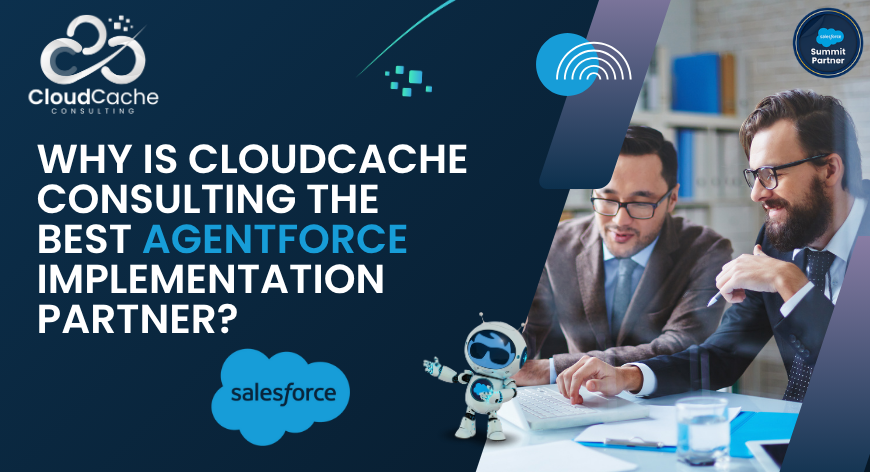
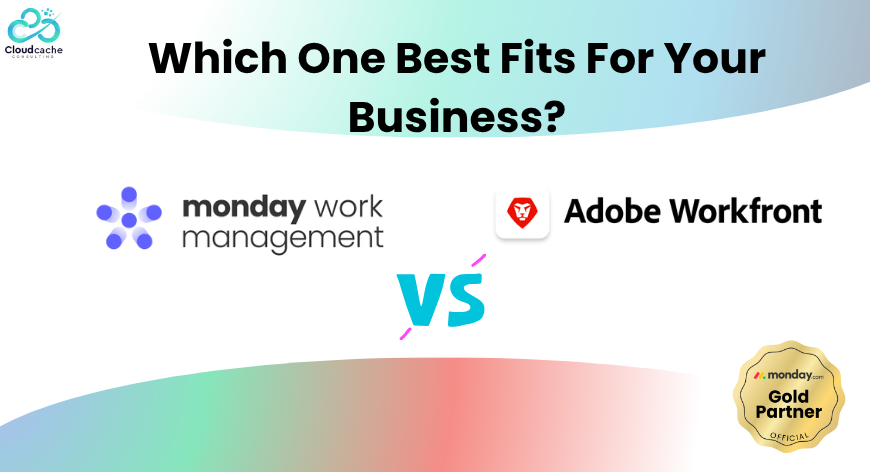
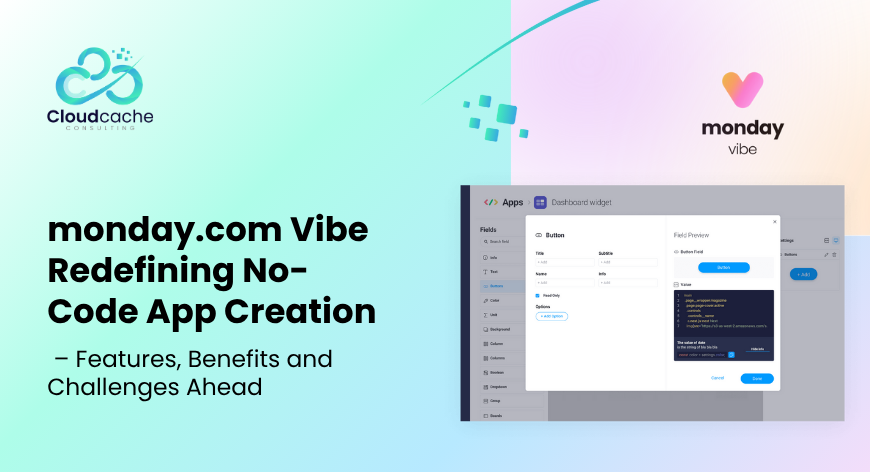
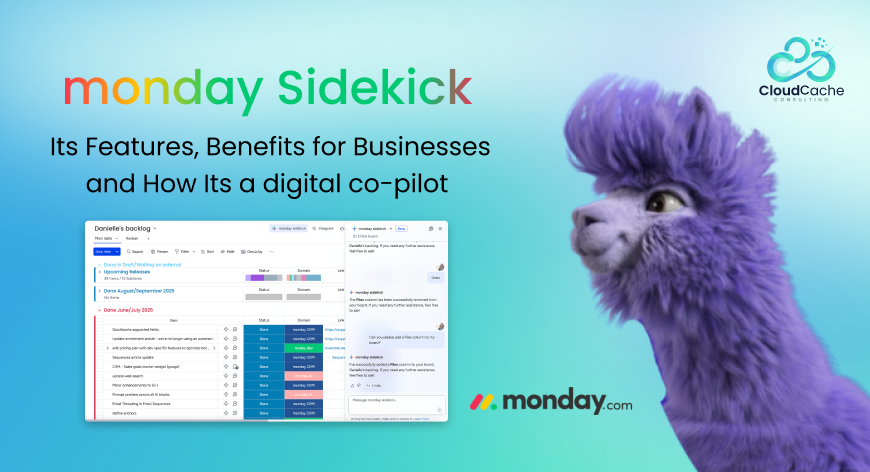
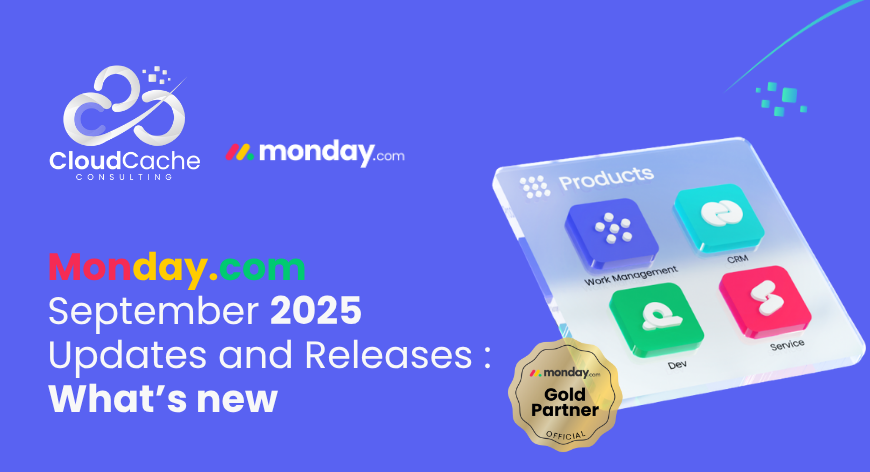
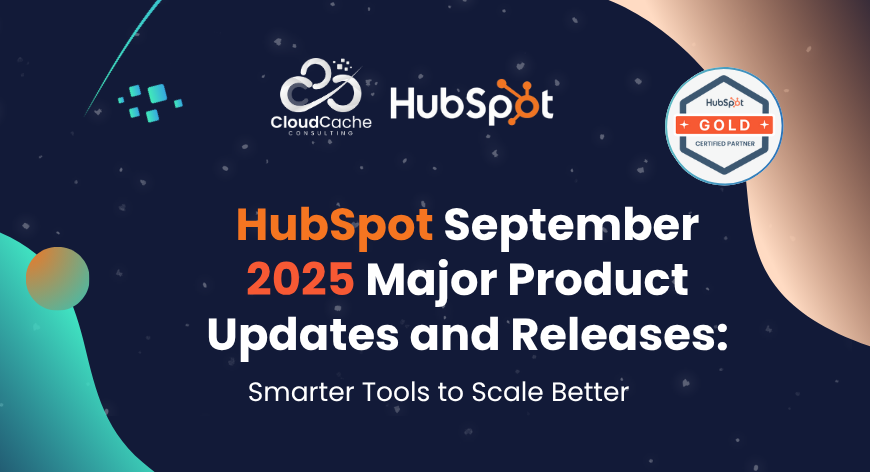
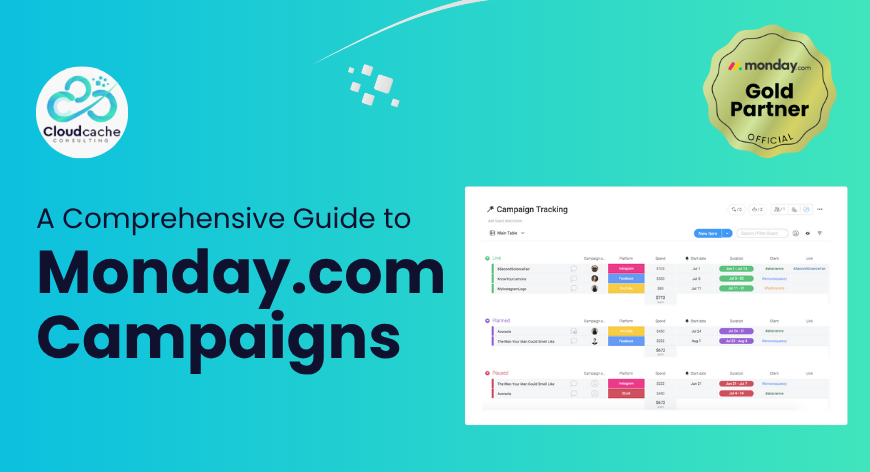
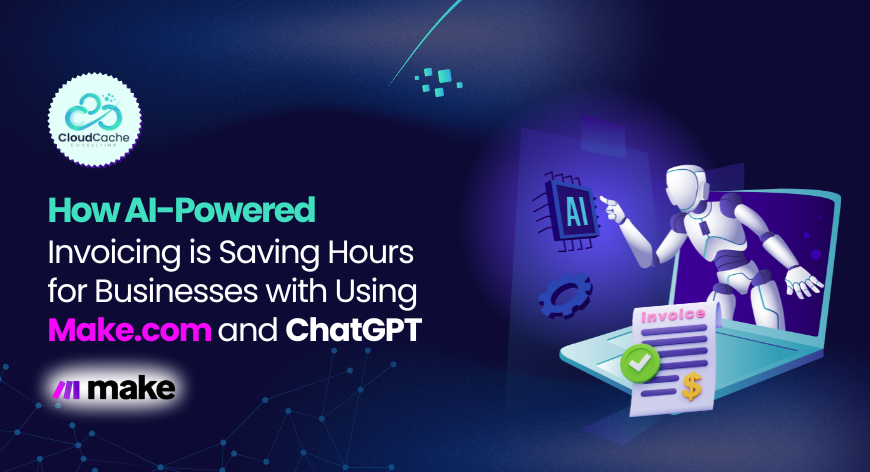

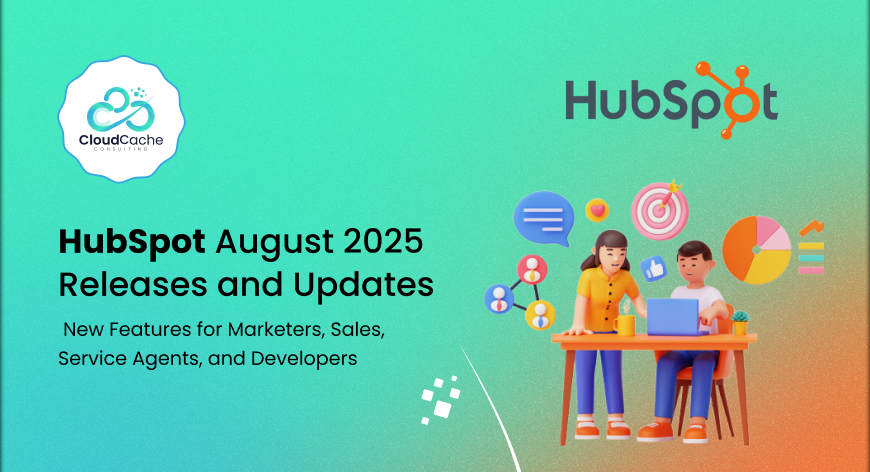

Leave a Reply
Your email address will not be published.